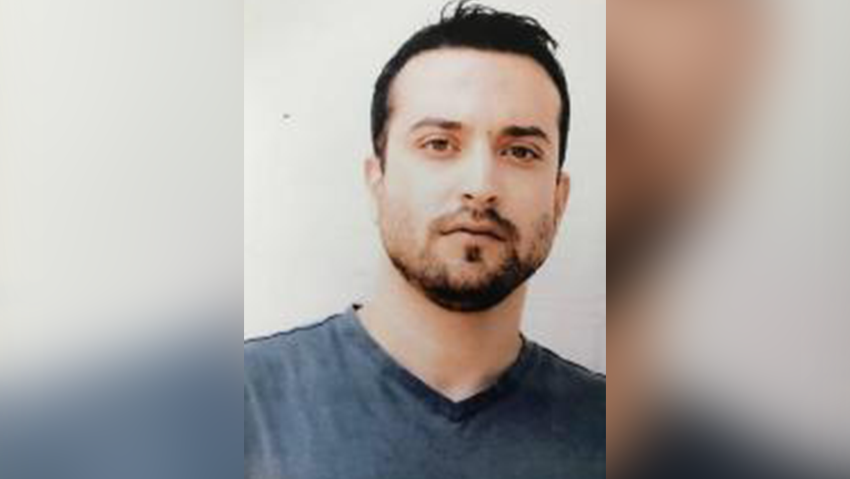Getting your Trinity Audio player ready...
Basem Khandakji was just 21 when he played a role in orchestrating a suicide bombing at the Carmel Market in 2004. This deadly event resulted in the death of Shmuel Levy, Leah Levin, and Tatiana Ackerman, and left more than 50 wounded. Despite receiving three life sentences for his role in this horrific act, Khandakji managed to pen "A Mask, the Color of the Sky" during his incarceration. Two decades later, this book has made the shortlist for the International Prize for Arabic Fiction. If he clinches the prestigious prize, he stands to gain a total of $50,000, and he will already will automatically receive $10,000 for making the shortlist.
Read more:
The plot of "A Mask, the Color of the Sky", as reported on the national broadcaster Kan 11 and detailed on the competition's website, revolves around an archaeologist named Nur living in a refugee camp in Ramallah. Nur stumbles upon an Israeli identity card (Te'udat Zehut) and decides to assume the identity of the cardholder in an effort to comprehend the Israeli mindset. This new identity allows him to integrate into a team of young archaeologists working in a settlement. The narrative of the book intertwines Nur's original story and the life of his assumed identity.
Khandakji was implicated as an accomplice to 16-year-old suicide bomber Amar al-Far in the November 2004 bombing. He was responsible for driving the teenager to Tel Aviv. Using a journalist's ID card acquired from his time at Al-Najah University, Khandakji was able to navigate IDF checkpoints without being stopped. Following the bombing, upon his return to the Nablus area, he was stopped at a checkpoint in the West Bank. Even then, he was able to continue his journey by presenting his journalist's ID to the soldiers.
The competition's website provides a detailed biography of Khandakji, 41, a native of Nablus. It outlines his academic journey, which began with journalism and communication studies at Al-Najah University and later extended to political science during his incarceration, starting in 2004. He also authored a research paper on Israel while in prison. In addition to his academic endeavors, Khandakji found time to craft short stories and write political articles. He even managed to publish several poetry collections and novels during his confinement. However, despite the extensive list of his achievements and credentials highlighted on his profile, the cause of his imprisonment remains conspicuously absent.


